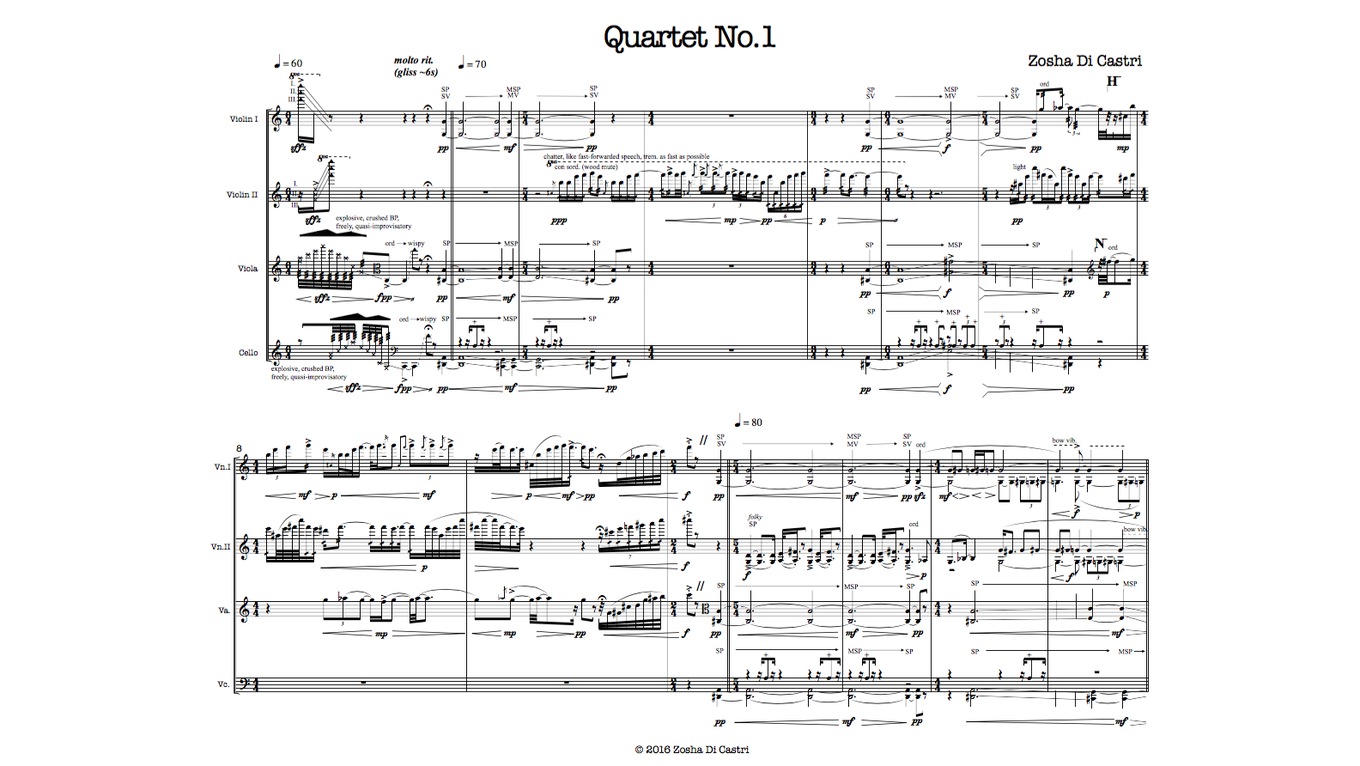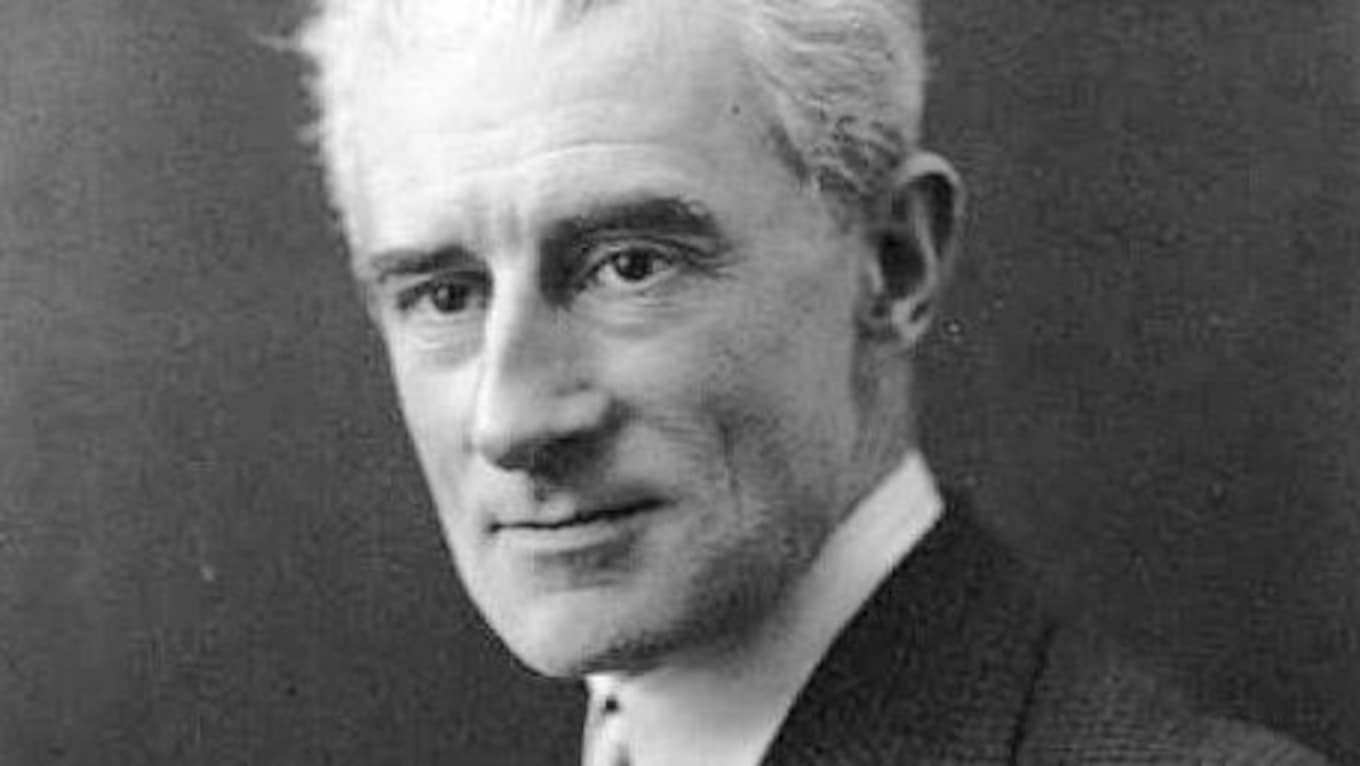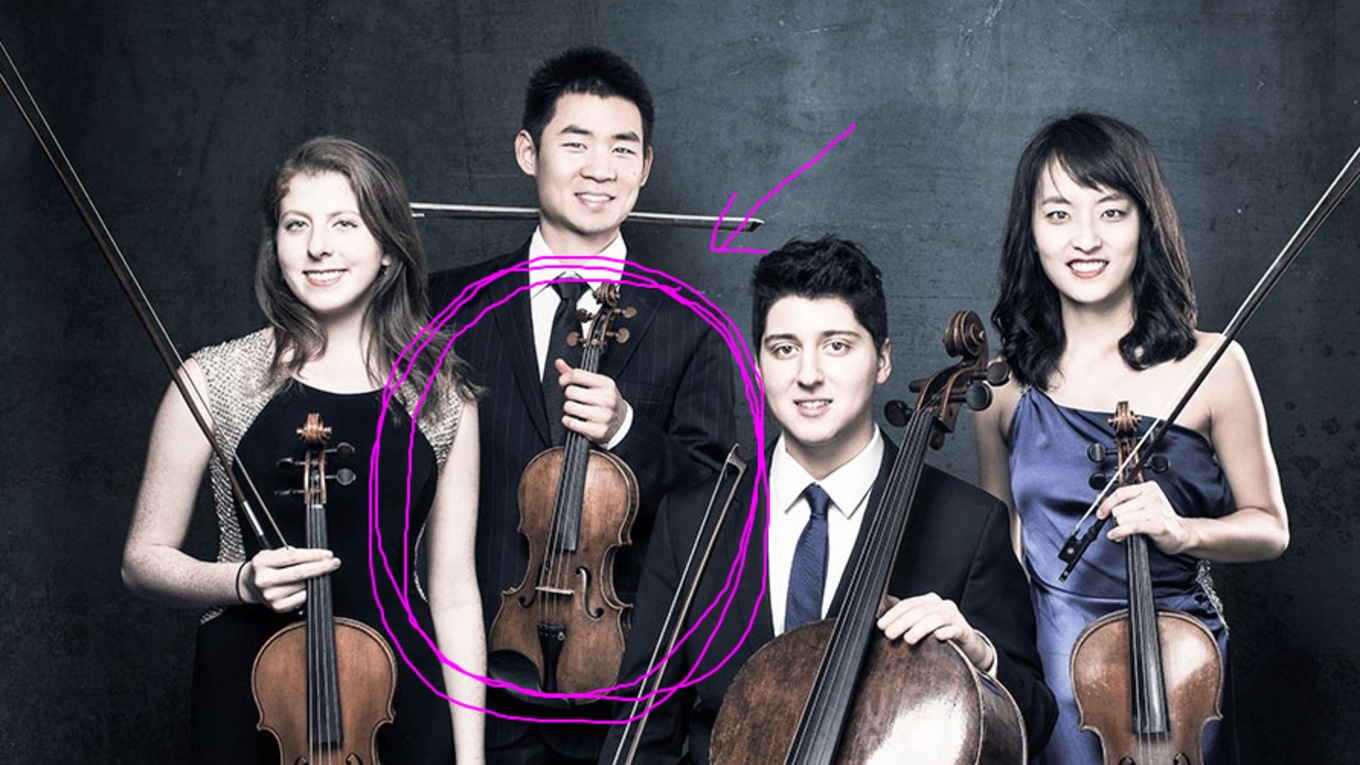We're getting all excited about the Banff International String Quartet Competition (BISQC), whose 12th edition gets underway Monday, Aug. 29. Ten of the world's most exciting emerging string quartets — musicians must be under 35 — converge on the Banff Centre for Arts and Creativity to compete for more than $70,000 in prizes and the prestige that comes with a first-place finish.
And the good news for those of us who can't be there in person is that all competition performances will be webcast here:
Live webcast: 2016 Banff International String Quartet Competition
This renowned competition is a weeklong string quartet extravaganza organized into five rounds:
- Recital round: a quartet by Haydn plus a 20th-century work.
- Romantic round: a complete work from the Romantic period.
- Canadian commission round: a new work by composer Zosha Di Castri.
- Ad-lib round: a selection of music of their own choosing totalling no more than 30 minutes.
Three quartets will advance to the final round to perform a quartet by Beethoven or Schubert.
The finalists and prize winners will be selected by an international jury comprising Vera Beths (Rondom Kwartet), Denis Brott (Orford String Quartet), Gérard Caussé (Quatuor Via Nova), Yoshiko Nakura (Tokyo String Quartet), Geoff Nuttall (St. Lawrence String Quartet), Peter Salaff (Cleveland Quartet) and Alasdair Tait (Belcea Quartet).
We've been perusing the competition schedule, digging into the background of the 10 competing quartets and scanning the repertoire they're going to play at BISQC, and these are the seven things we're really dying to hear.
1. Quartet No. 1 by Zosha Di Castri
One of the more surreal BISQC experiences is hearing 10 consecutive performances of the same "imposed" work in a single day. For this edition of the competition, that work is a new string quartet by Canadian composer Zosha Di Castri, co-commissioned by the Americas Society (New York), CBC Music and BISQC.
Canada's Rolston String Quartet will be the first to perform it at 2 p.m. local time on Friday, Sept. 2; by the time the Aeolus Quartet from the U.S. gives the 10th performance of it a couple of hours later, concluding the Canadian commission round, we'll almost know it by heart.
"The quartet is technically difficult, moving quickly between highly contrasting musical ideas," Di Castri told us via email. "Because the score is quite dense with detail, the musicians will need to sculpt the textures to bring out what they want the listener to hear. There are also very few breaks, which demands razor-sharp focus and physical stamina from the performers. Finally, the main challenge will be to make this music sound very organic, fluid, expressive and clear. The way I see it, complexity in writing does not necessarily equate to music that should be hard to listen to."
Di Castri also explains that, although much of the score is prescribed, there are also several sections that give expressive leeway to the performers. "Some verbal indications, such as 'chattering like fast-forwarded speech' or 'insectile,' accompany traditional notation symbols, but will require an imaginative translation into sound," she notes. "There is also a whole battery of percussive playing techniques, as well as solo 'spotlights,' which range from explosive bursts in the cello, to lyrical, microtonal melodies in the upper strings."
What should the audience expect? "Listening to this piece will be more like letting yourself be carried along by a rushing river," Di Castri adds. "I hope that people will give themselves over to this flow and will approach the piece with a spirit of curiosity and openness."

2. Verona Quartet's Ad-lib program
New this year at BISQC is an "Ad-lib" round in which the quartets are free to play repertoire of their choice. This gives each quartet another way to make a statement and impress the public and jury.
Some quartets will stick to the mainstream for their Ad-lib rounds, while others will opt to expand the competition repertoire a bit. We're looking forward to being surprised.
Of the 10 Ad-lib programs in store, the one that intrigues us most is Verona Quartet's. The quartet will play Anton Webern's Six Bagatelles, which creates beautiful order out of chaos, and György Ligeti's String Quartet No. 1, "Métamorphoses nocturnes," whose dense musical language keeps you on the edge of your seat for 20 action-packed minutes. Can't wait.
3. Three performances of Ravel's string quartet
Make sure to eat your Wheaties on Wednesday, Aug. 31: you'll need the extra stamina to make it through BISQC's Romantic round, spread over a morning, an afternoon and an evening concert.
Each of these three concerts begins with a performance of the string quartet by Maurice Ravel. We love the symmetry, which is no coincidence — BISQC executive director Barry Shiffman takes care to program the perfect concert order for the musicians and audience alike.
For someone who wrote only one string quartet, Ravel nailed it. It's among our absolute favourite works in this genre. We'll hear it performed by the Tesla Quartet (Russia/South Korea/U.S.) at 10:30 a.m., the Castalian Quartet (U.K.) at 2 p.m. and the Rolston String Quartet (Canada) at 7:30 p.m. Who'll win this mini Ravel contest? The lucky listeners, that's who.

4. Bartok's String Quartet No. 5 played by Aeolus Quartet
For its recital round, New York City's Aeolus Quartet will play Bartok's String Quartet No. 5, one of the first pieces the quartet members ever learned. It's also one of two string quartets the Aeolus Quartet recorded on its debut album. It's safe to say they know the work intimately and it's always fun to hear a young ensemble play such a complex work with conviction.
"We always perform better for an audience," said violinist Nick Tavani to BISQC. "So much so that even early on, when we were preparing for concerts or competitions, [we'd] invite family and friends to come and sit in on our rehearsals because it provided an atmosphere we can’t get just playing for ourselves." Bring it!
5. Mason Yu's Amati violin, c. 1600
Of course, we'll be listening for seamless ensemble playing from each of the 10 string quartets competing at BISQC. But when Omer Quartet takes the stage, we'll pay special attention to the sound of Mason Yu's violin, an A&H Amati, c. 1600, on loan from the Colburn Collection.

6. Arpa Quartet's Beethoven
We don't know too much about Japan's Arpa Quartet, formed in 2013 at Geidai (Tokyo University of the Arts), and we sort of like the mystique. Let's call them the dark horse of BISQC 2016.
One thing worth noting: Arpa Quartet has programmed core repertoire for each round of the competition, including Beethoven's String Quartet No. 10, Op. 74, "The Harp," for the Ad-lib round. It's the work from which the group takes its name.
It takes guts to stick to the most familiar string quartet repertoire in a competition setting, risking comparison to legendary performances and recordings. We like their moxy.
7. The BISQC audience
The people who attend BISQC are known for their enthusiasm — read: mania — for string quartets. Many of them basically move into Banff for the duration of the competition and eat, drink and breathe string quartets for seven days straight.
It must be totally energizing for the musicians onstage to receive that kind of rapt attention from the public and we're hoping to hear and feel the excitement on the live webcasts.

Follow us on Twitter at @CBCClassical and share your comments on the Banff International String Quartet Competition on Twitter using #BISQC2016.
Explore more:

